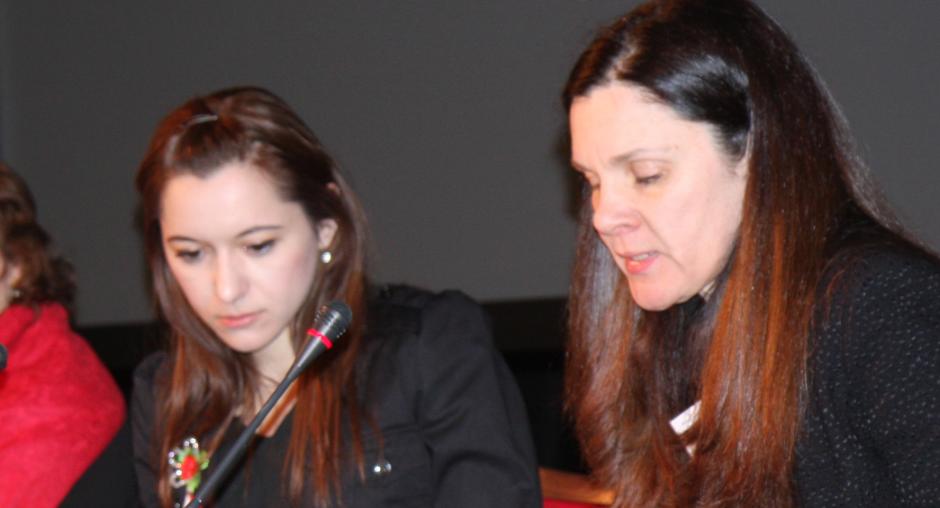Businesswomen and experts discuss women’s entrepreneurship in the OSCE region

VILNIUS, 4 March 2011 - Trends and good practices in women’s entrepreneurship in the OSCE region were in focus during a two-day OSCE meeting that ended today in Vilnius, Lithuania.
Businesswomen, managers of women’s business associations and international experts explored the security impact of gender inequalities in business opportunities and policies and discussed how to best promote women’s economic empowerment during the meeting, which focused on Central Asia and the South Caucasus.
“There is a need to know more about trends in the development of women’s economic situations, in particular in Central Asia and the South Caucasus,” said Jamila Seftaoui, Head of the OSCE Secretariat's Gender Section, which organized the meeting in co-operation ith the Lithuanian Ministry of Social Security and Labour and the University of Vilnius’ Gender Studies Centre. Lithuania holds the 2011 OSCE Chairmanship.
“The young countries in these sub-regions show particular trends in migration and in domestic and cross-border security. In these countries, women are the backbone not only in the traditional society but also responsible for income generation and economic stability in times of crisis and sometimes in times of armed conflicts. Yet little is known about how women cope – or not - with the global economic and political and sociological changes that are taking a huge toll on their livelihoods.”
Audra Mikalauskaite, Vice Minister of the Ministry of Social Security of Labour, added:
“Participation of women on an equal footing with men in employment, self-employment and economic life avoids wasting their potential and fully uses the effective human resources of both women and men to further stimulate growth.”
In a panel discussion, speakers explored the links between women’s economic empowerment and their chances to escape insecurity and vulnerability to threats such as domestic violence and human trafficking or re-trafficking. Further panels looked at examples from the field illustrating challenges and progress on women’s entrepreneurship across the OSCE region, the role of networks and women’s business associations, state policies and private-public partnerships.
The conference provided participants the opportunity to establish networks and consider possible joint actions. They also began work to develop a set of substantive recommendations to the OSCE for further steps in promoting women’s entrepreneurship.
The conference was the first part of a project on women’s economic empowerment developed by the Gender Section. The project will examine the gender effects of massive migration, the rise of extremism and economic crises in Central Asia and the South Caucasus. Andorra, Germany and the United States are financing the project.
